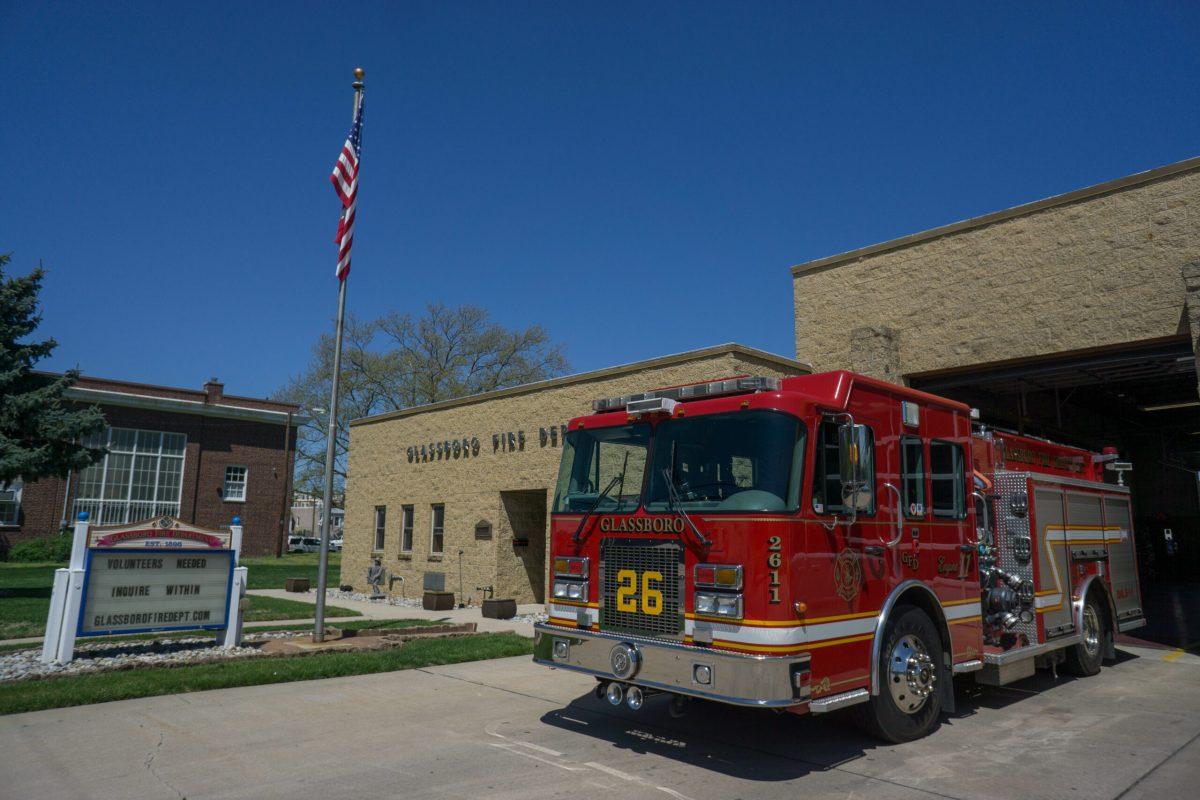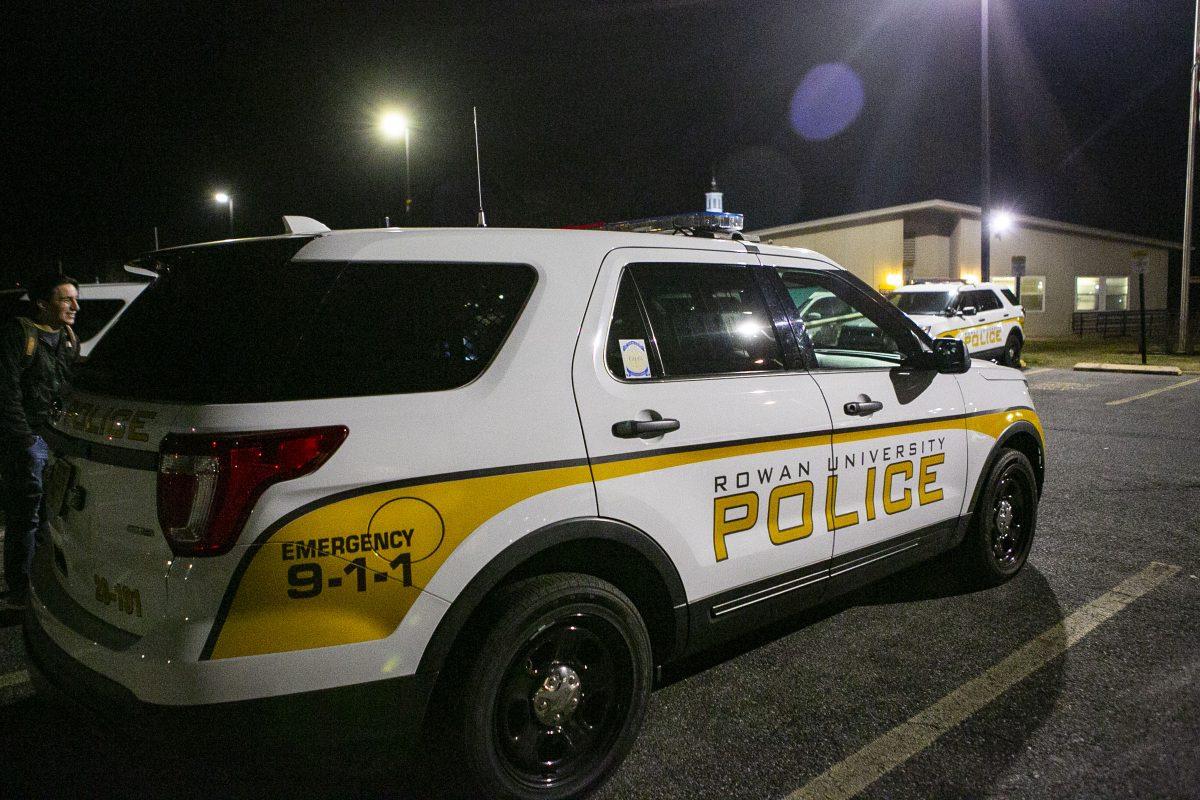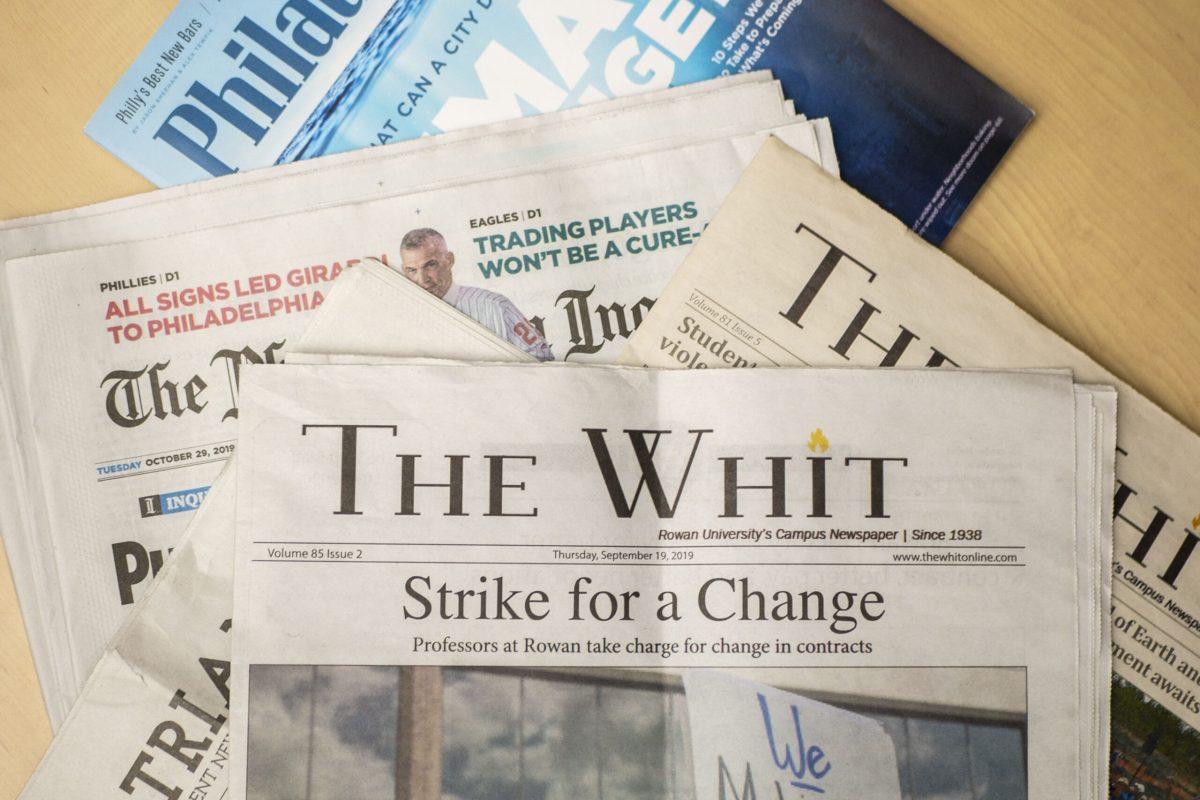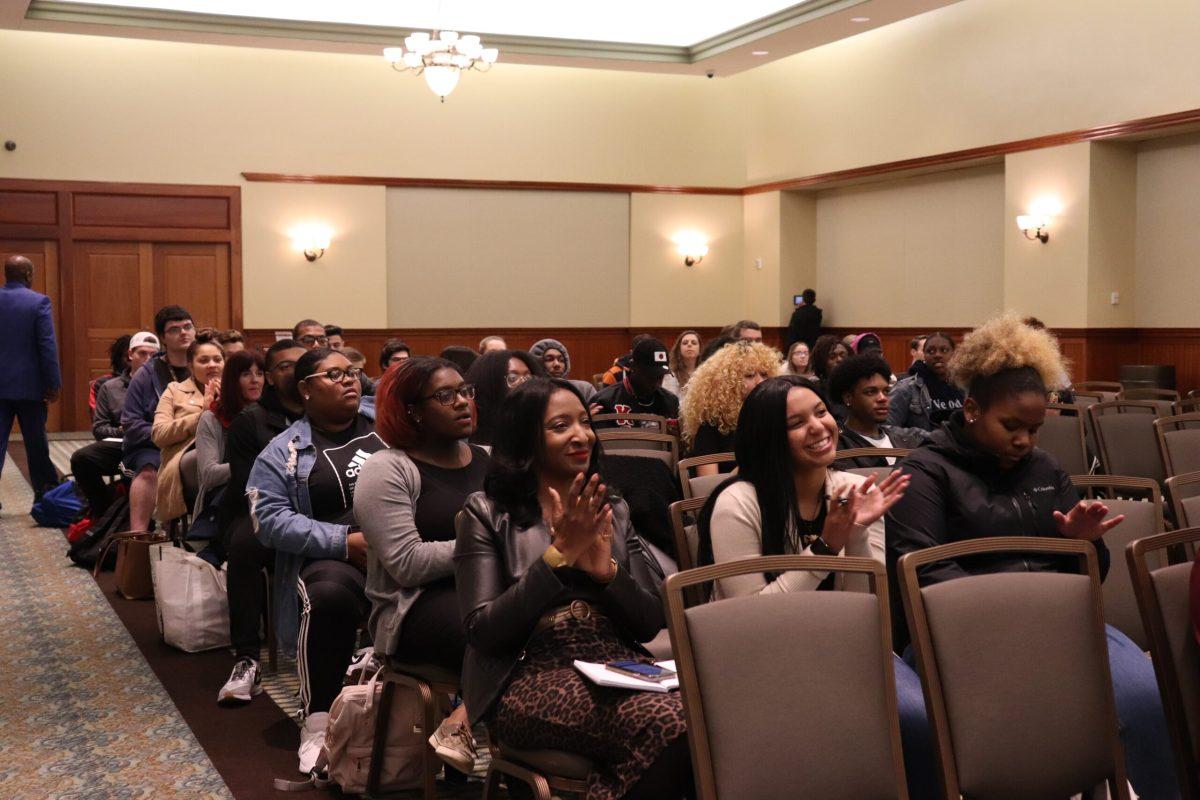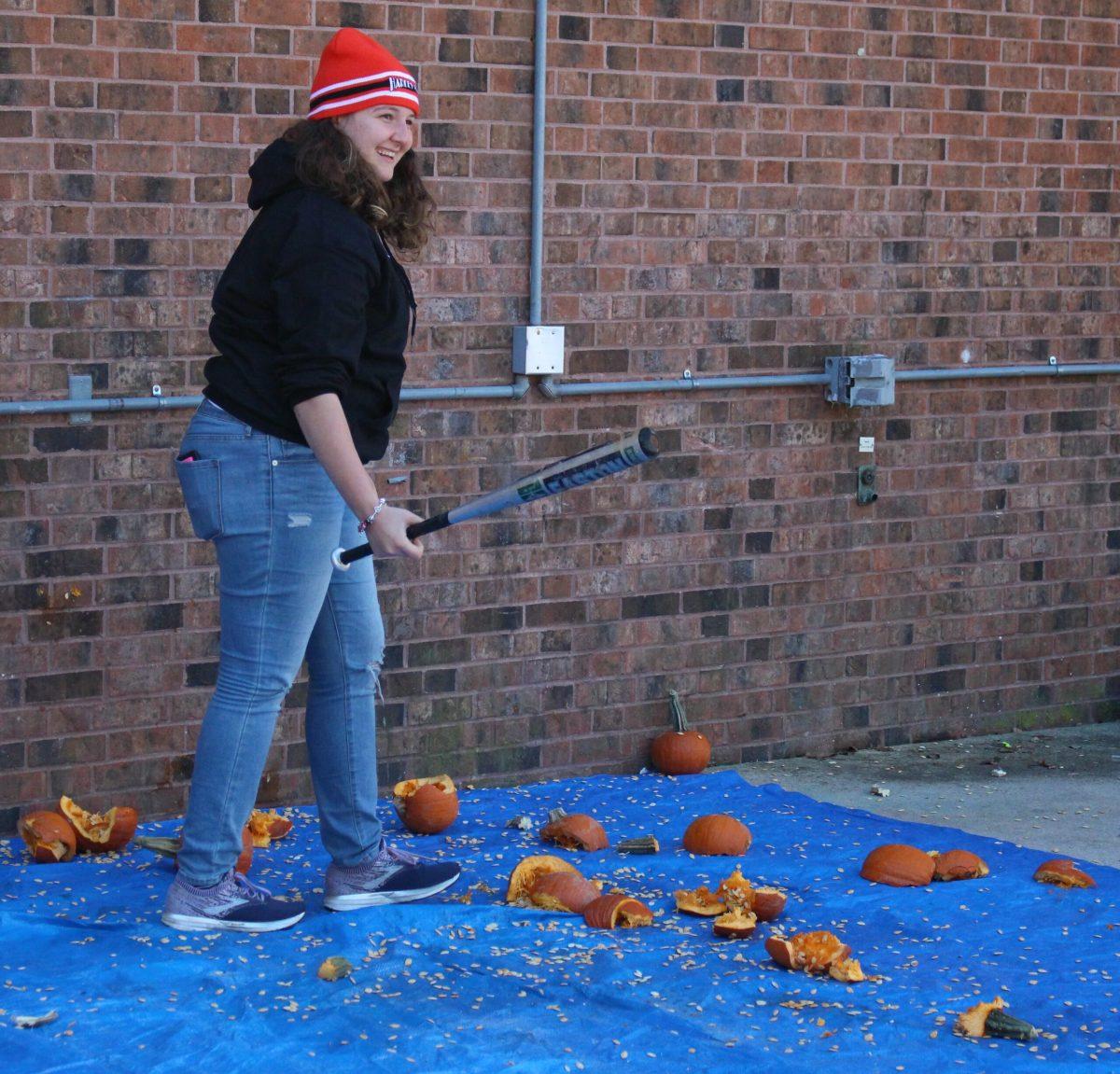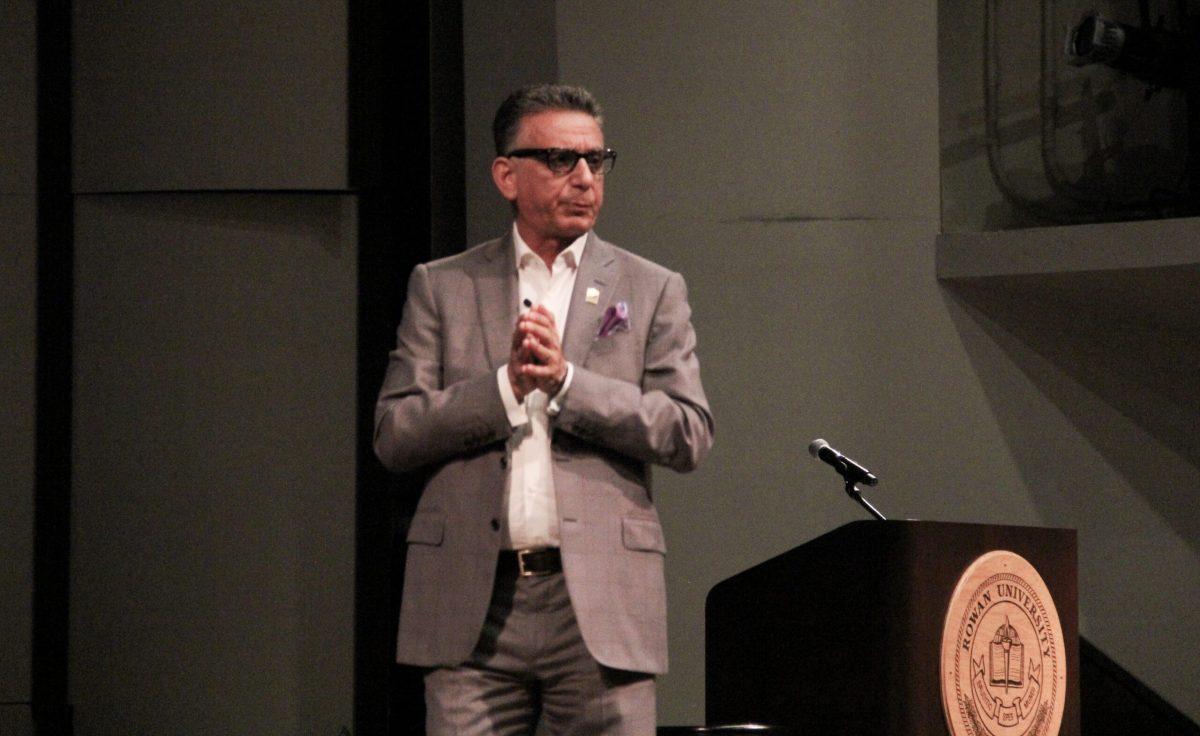In the wake of a fire at Mimosa Hall on April 7, Rowan University has started putting new fire drill protocols into place for those living in residence halls on campus. Principle among these changes it that the Glassboro Fire Department will now randomly check residents’ rooms to more strictly enforce a policy which requires students to leave the building during alarms.
According to Glassboro Fire Department Captain, Mark McEvoy, the new policy will continue for the foreseeable future.
“We want to make sure that we see that students are taking the fire alarms seriously and they’re evacuating their rooms like they should be,” McEvoy said. “Once we feel like they’re evacuating and taking the fire alarms seriously along with Rowan University staff, we won’t be doing room-to-room checks.”
McEvoy also said that he hoped the higher instances of discipline applied by the university for failing to leave the room during a fire alarm will help deter students from staying in their rooms during drills.
University fire safety has been an issue on campuses across the state since the Boland Hall fire of 2000 on the campus of Seton Hall University. During the incident, three students died in the blaze and dozens more were injured when an early morning fire and the ensuing smoke trapped students in their dorm.
Among the regulations put in place after the fire were state laws mandating sprinkler systems and more sensitive fire alarms that could detect early traces of smoke.
One of the most dangerous parts of a fire is not the fire itself, but rather the chance of smoke inhalation, which in most cases can lead to death, McEvoy said.
“Part of the challenge is probably that approximately half of all fire alarms are cooking-related. In some fashion, someone’s burning something,” said university spokesman, Joe Cardona during a phone interview. “If everyone’s leaving the building every single time, it creates a sense of who did it, why did they do it and how do we correct that from happening again.”
Enforcement of existing rules and fines are just one piece of the puzzle, according to Cardona. “The other piece is the regular education of people throughout the year,” he said.
Despite the safety reasons for conducting longer and more in-depth checks, student opinion on the decision is overwhelmingly negative. Students say they already faced long waits outside while buildings were cleared before the new policy was enacted, and that this new policy causes new problems for them.
Kayla Vitulano, a sophomore elementary education major, and Megan Cook, a sophomore business management major, both agreed that the policy made the reaction to fire alarms in the Rowan Boulevard Apartments, where they both live, too slow and heavy-handed.
“I think it’s annoying. I don’t think [they] should randomly have to inspect rooms. Especially since we just had one like an hour ago,” Cook said.
“I understand because of the Mimosa fire, why they want to check to see if everyone [evacuated], but it does take forever. I feel like they have to kind of step it up,” added Vitulano.
Additional Reporting by Justin Decker
For comments/questions about this story, email [email protected] or tweet @TheWhitOnline.

























































































































































!["Working with [Dr. Lynch] is always a learning experience for me. She is a treasure,” said Thomas. - Staff Writer / Kacie Scibilia](https://thewhitonline.com/wp-content/uploads/2025/04/choir-1-1200x694.jpg)









































